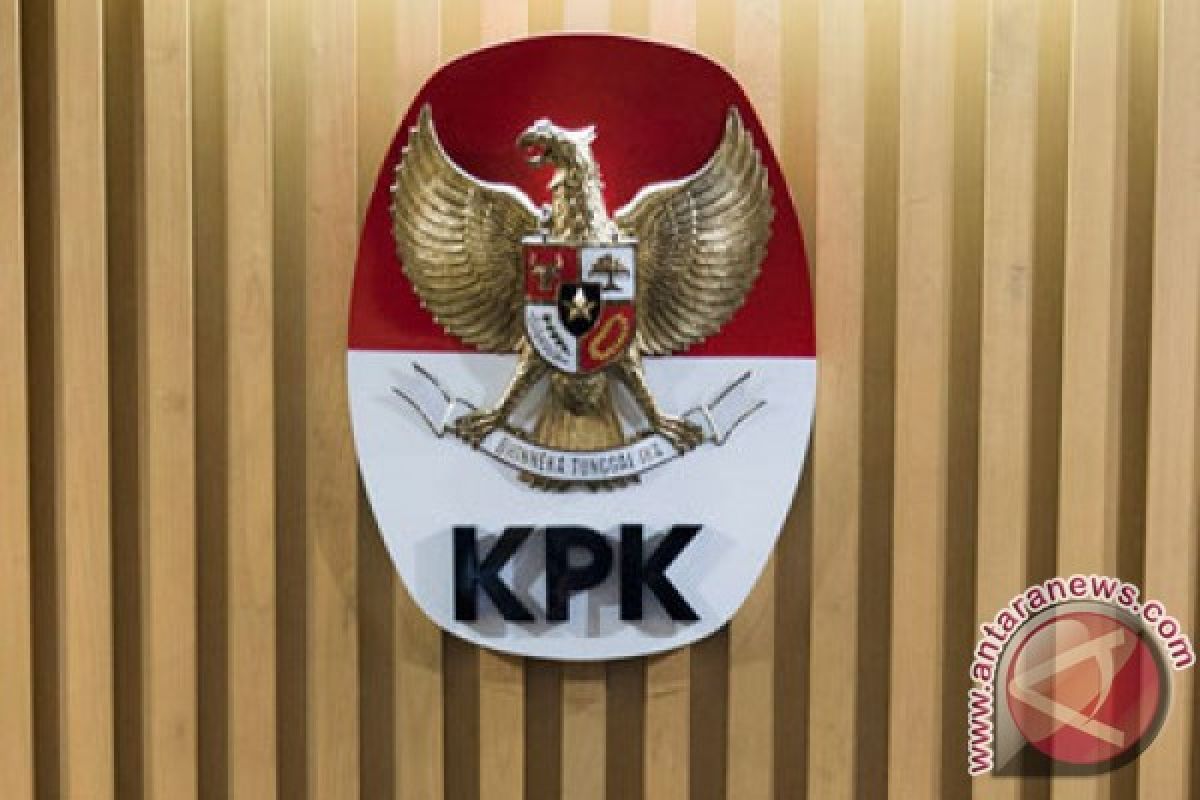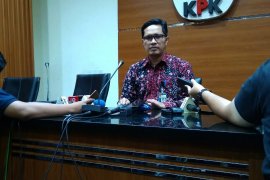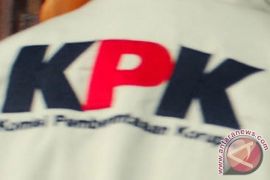Since the beginning of its establishment, however, the agency has been facing mounting challenges due to attempts to hamper corruption eradication efforts and to systematically weaken KPK, which is also seen as a "super body".
In 2009, the then-KPK leader Antasari Azhar was convicted of murder and sentenced to 18 years behind bars. Many people believed that the murder case was fabricated, and yet he remains in jail.
Earlier this year, the then KPK chief Abraham, one of the deputies to Bambang Widjojanto, and KPKs senior investigator Novel Baswedan, were named as suspects by the National Polices Crime Investigation Department (Bareskrim) in separate cases, as they were charged with possible crimes occurring before they held important KPK posts.
And the latest issue that caused an uproar is a plan to revise Law No. 30/2002 on KPK, as some parties see the revision as an attempt to further weaken the "super body".
On June 16, 2015, in a hearing with the Legislative Body of the House Representatives (DPR), Justice Minister Yasonna Laoly announced that the revision of the KPK law as an initiative of parliament had been included in the national legislation program of 2015 because several provisions need to be reviewed.
Laoly said the implementation of the law on KPK has been problematic and hampered efforts to fight and prevent corruption.
The proposal for reviewing the KPK law, however, has drawn criticism from several anti-corruption activists.
A number of articles in the KPK law would be the targets of revision, such as KPKs authority to monitor conversations.
Other issues are the KPKs authority to prosecute, which needs to be conducted along with the Attorney Generals Office; the need to set up a supervisory board; regulation of the implementation of the tasks of commissioners in case they are unable to conduct their duties; and ways to strengthen the regulation on collective-collegial leadership.
The current acting KPK leadership, however, is apprehensive that the revision could weaken the institution, especially with regard to its authority to conduct wiretapping activities.
"I do not know if the idea is the initiative of the House of Representatives (DPR), but it seems it will reduce or even dwarf the KPKs authority, especially with regard to conducting wiretapping," Acting KPK Commissioner Indriyanto Seno Adji stated.
KPKs Acting Chairman KPK Taufiequrrachman Ruki has said he and other KPK leaders opposed the plan to revise the law.
Earlier, acting deputy chairman of KPK Johan Budi said the planned revision of the law is meant to reduce the authority of KPK, including by prohibiting the use of wiretapping.
"If the goal of the revision of the KPK Law is to abolish the agencys authority in prosecution and to reduce its rights to wiretap, the public perception that there has been systematic attempts to weaken KPK in its fight against corruption proved true," Johan said.
Revision of the KPK Law, therefore, should not abolish the authority of KPK over the two points related to prosecution and wiretapping, he said.
"I am confident that President Jokowi wills not reverse his commitment to fighting corruption," acting deputy chairman of the agency, Johan Budi, said in a message here on Wednesday.
In response to the public demand not to weaken the KPK, President Joko Widodo has turned down the revision plan.
"The president stated that he has rejected the proposal for the revision of the KPK law," acting chief of the KPK Taufiequrrahman Ruki told the press at the Presidential Office on June 19, 2015, following a limited meeting on corruption eradication.
Jokowi, who led the meeting, rejected the plan on the grounds that it was not high on the list of priorities, he said.
"The revision of the KPK law will be done only after everything has been synchronized, not earlier than that. We asked for it and the president welcomed it," he stated.
"The KUHP (Criminal Code) and KUHAP (Criminal Code Procedures) must first be revised and adjusted according to the UNCIC. Only after that has been completed can we discuss the revision of the KPK law," Ruki pointed out.
In an effort to intensify corruption eradication efforts, President Joko Widodo urged law enforcement agencies to step up coordination to combat corruption in the country.
Earlier, Vice President M Jusuf Kalla, however, said KPK leaders must not have absolute authority, and therefore a revision of Law No. 30 of 2000 on the KPK will be considered.
"An authority, indeed, has to have limits, and so this means the KPKs authority also must be within limits. There must be no absolute authority," Kalla said on June 18, 2015.
He affirmed that the most important aspect is to supervise the institution, so that it can be held accountable for its activities.
"What is important is how we measure its responsibility," he added.
Regarding plans to review the KPK law, the vice president noted that the revision would not always mean that the role of the anti-graft agency would be reduced.
"I believe it is not meant to reduce the role of the KPK, but instead to improve it," he affirmed.
In the meantime, Speaker of the DPR Setya Novanto said he was not aware of the presidents opinion.
"The DPR only wants to strengthen the KPK. We badly need this," he noted, on the sidelines of a dinner to break the fast at the State Palace.
Novanto added that parliament will discuss the planned revision of the law on the anti-graft agency with the government.
"Lets wait and see. We want the KPK to be strong, and that is our only expectation," he noted.
(F001/INE/KR-BSR/O001)
Reporter: Fardah
Editor: Jafar M Sidik
Copyright © ANTARA 2015











